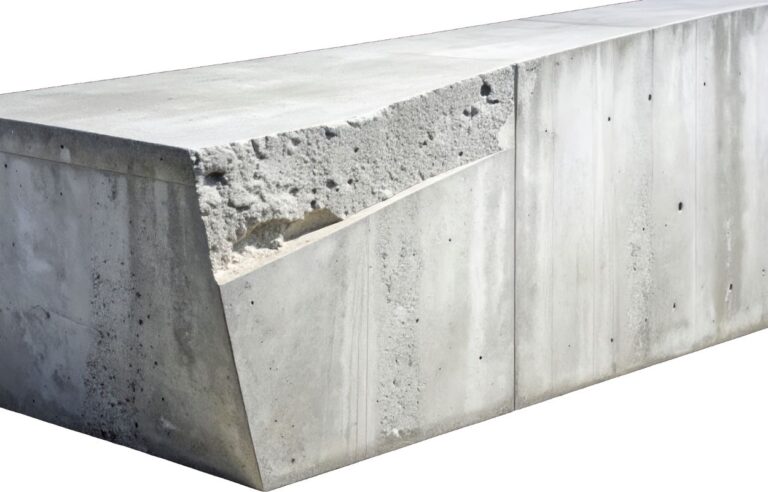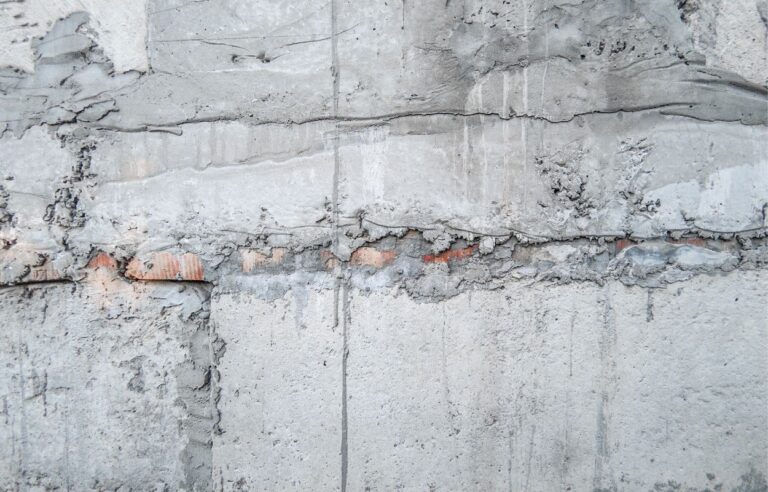Construction projects are known for their complexity. Between managing budgets, hiring crews, sourcing materials, and meeting safety standards, there’s already a lot to juggle. Add in a tight deadline, and things can quickly spiral out of control. One of the biggest casualties of rushed projects? A massive increase in construction waste.
When time becomes the priority, efficiency and sustainability often get pushed aside. Instead of carefully planning material use or salvaging reusable items, the focus shifts to speed at all costs. The result is more waste, higher expenses, and long-term impacts on both the environment and your bottom line.
Let’s look at why tight deadlines create so much unnecessary waste—and how you can prevent it.
WHY DEADLINES MATTER SO MUCH IN CONSTRUCTION
Deadlines are built into nearly every construction project. They keep teams accountable, ensure subcontractors are scheduled correctly, and help property owners plan for the completion of their space.
But deadlines can also become a burden. When they’re unrealistic—whether due to poor planning, budget constraints, or external pressures—crews are forced to cut corners. That’s when sustainability goals, careful material handling, and even safety practices can suffer.
HOW TIGHT DEADLINES LEAD TO MORE WASTE
So, why exactly do rushed projects generate more waste? Here are the main reasons:
IMPROPER MATERIAL USE
When workers are under pressure, they’re less careful about how materials are cut, handled, and stored. Lumber gets miscut, drywall gets damaged, and materials that could have been salvaged are thrown away simply because it’s faster.
LACK OF SALVAGING
Deconstruction takes time. Removing fixtures, lumber, and other materials carefully means crews must slow down. On a tight schedule, the incentive is to demolish quickly and toss everything in the dumpster, even if much of it is still usable.
MORE PACKAGING WASTE
Rushed orders often mean relying on pre-packaged or single-use materials. Instead of planning bulk orders or sourcing sustainably, project managers go for whatever is fastest, leading to excess packaging waste.
POOR PLANNING
When deadlines are tight, there’s less time to measure twice and cut once. Mistakes are more common, and mistakes mean wasted material. For example, mismeasured cuts of flooring or tile often can’t be reused and end up in the trash.
EXTRA TRIPS AND DELIVERIES
Running out of materials mid-project is a recipe for waste. Rushed schedules often cause last-minute changes and multiple small deliveries, each with extra packaging, transport emissions, and sometimes unused surplus.
THE COST OF WASTE
The environmental impact of construction waste is significant, but so is the financial cost. Dump fees, transportation, and replacement materials all add up. What seems like “just a little waste” can balloon into thousands of dollars by the end of a project.
Tight deadlines may get a building finished faster, but they almost always increase the overall cost due to inefficiencies and poor waste management.
HOW DECONSTRUCTION HELPS REDUCE WASTE
One of the best ways to fight construction waste is to prioritize deconstruction over demolition whenever possible. Instead of knocking everything down in a rush, deconstruction crews carefully dismantle buildings or building components. This process salvages usable materials and prevents tons of waste from heading to the landfill.
For example:
- Lumber can be reused for framing or repurposed into furniture.
- Windows and doors can be donated or resold.
- Fixtures like sinks, cabinets, and lighting can find new homes.
- Metals can be recycled into new building products.
Yes, deconstruction takes more time than demolition—but the savings in waste disposal, material reuse, and even resale value often outweigh the upfront investment.
WHY THIS MATTERS IN VERNON
Construction is booming in Vernon, and with that growth comes more building waste. Older homes and commercial spaces being renovated or replaced often contain valuable materials that shouldn’t end up in the landfill.
Local experts who provide deconstruction services in Vernon specialize in managing these projects sustainably. They know how to dismantle structures efficiently, salvage materials, and minimize waste, all while keeping projects on track. For homeowners and contractors working under tight deadlines, partnering with professionals helps strike a balance between speed and sustainability.
HOW TO MANAGE DEADLINES WITHOUT INCREASING WASTE
Tight deadlines don’t have to mean wasted materials. With smart planning, it’s possible to meet project goals while keeping sustainability in mind. Here are a few tips:
- Plan Ahead for Deconstruction – Build deconstruction time into your schedule so salvaging isn’t skipped.
- Work With Experienced Crews – Professionals who specialize in waste reduction know how to work efficiently without cutting corners.
- Order Materials Strategically – Buy in bulk when possible, and avoid rush orders that lead to packaging waste.
- Track Your Waste – Keep an eye on what’s being discarded. Identifying patterns can help prevent the same waste on future projects.
- Use Local Resources – Donation centers and recycling facilities can often accept salvaged items quickly, keeping your project moving.
THE LONG-TERM BENEFITS OF WASTE REDUCTION
Reducing construction waste doesn’t just help one project—it creates long-term benefits:
- Lower Costs – Less waste means fewer dump fees and less need to buy new materials.
- Environmental Impact – Salvaging reduces landfill waste and lowers the demand for virgin materials.
- Community Benefits – Donated materials support local reuse organizations and families in need.
- Better Reputation – Contractors who prioritize sustainability stand out in a competitive market.
FINAL THOUGHTS
Tight deadlines might feel like a necessary part of construction, but they often come at a hidden cost: more waste, higher expenses, and missed opportunities to reuse valuable materials.
The solution isn’t to abandon deadlines—it’s to manage them smarter. By building deconstruction into your plan and working with professionals, you can meet project goals without sacrificing sustainability.
If you’re starting a project in the Okanagan, consider partnering with experts who provide deconstruction services in Vernon. They can help you stay on schedule, save money, and keep reusable materials out of the landfill.
In the end, the rush to finish fast doesn’t have to mean waste. With the right approach, your project can be both efficient and environmentally responsible.




